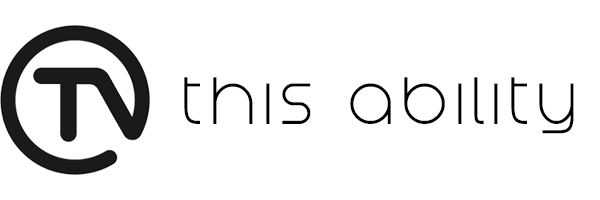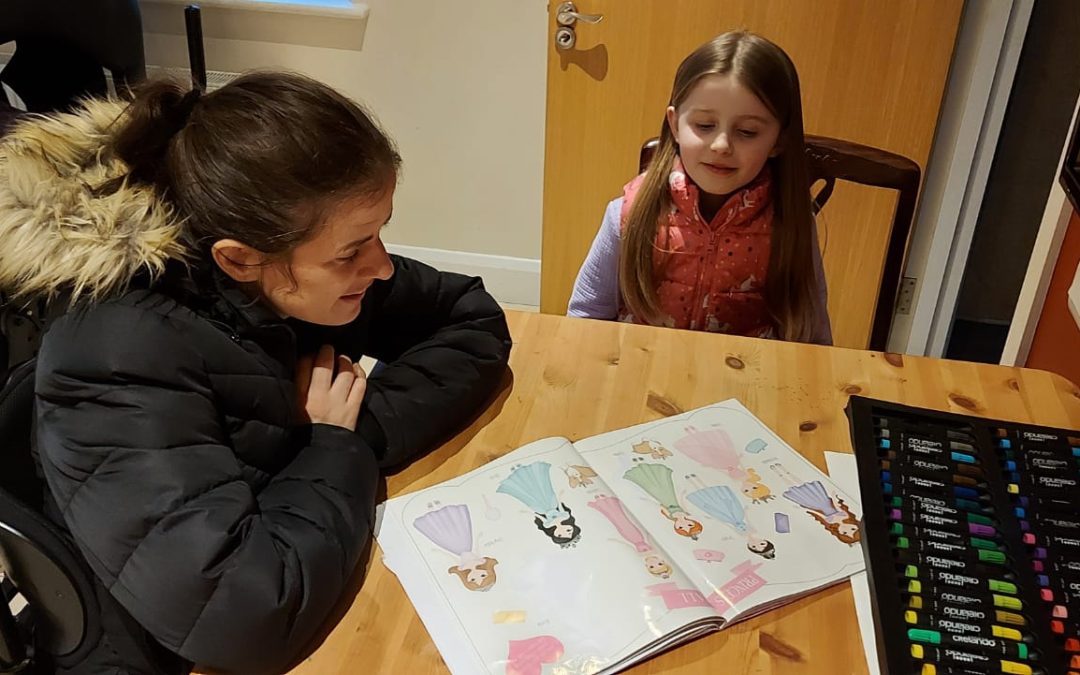In an increasingly digital world, it’s crucial for us to keep reading books. Losing yourself in a book is the ultimate relaxation and with so many distractions and other forms of entertainment vying for people’s attention, the importance of reading with children has never been more evident.
Communication Skills
Reading to children and encouraging them to develop their literacy habits is one of the most important commitments a guardian or a teacher can make because of the profound impact it can have on a kid’s mental health, academic abilities and thinking processes. Developing strong literacy skills helps prepare children not only for success in reading and writing but also in other academic fields. When we read well-written work, we naturally observe its writing style, cadence, and composition. These characteristics inevitably seep into our writing and our vocabularies, in the same way that musicians are influenced by each other.
Coping mechanism for kids
One of the most important and valuable aspects of reading is that it can help calm a reader who’s experiencing stress. In fact, reading can work better on these fronts than other typical stress relief methods — such as listening to music or drinking tea — that have also been shown to provide stress-relieving qualities. In a chaotic information overloaded environment, reading a book while tucked up in your bed or sitting under a tree or in a quiet library is something which is no less than meditation! It lets you concentrate and lets you derive that divine intellectual pleasure which nothing else can give. Helping young people connect reading to a low-anxiety activity early in life can offer a powerful coping mechanism for dealing with stress later in life.
Developing the brain
Reading can expand a child’s brain ability in multiple ways. For example, exercising the brain through reading can help readers interact with various parts of their mind. While reading is widely known as a left-brain activity — processing language and organization — metaphors and non-linguistic representations occur in the right brain. Because of this multi-dimensional crossover, exercising the brain is very important to develop connections between various regions. Doing brain-stimulating activities from childhood — like reading books, writing letters and solving everyday problems — through old age may help prevent clinical signs of dementia such as memory loss, studies have found. Frequent reading activities have been associated with a reduced risk of cognitive decline for older adults at all levels of education in the long term.
Memory
Reading every day can improve your memory – it can help you learn how to store new information and recall memories more effectively. For example, whenever you read a novel, you have to remember tons of information about the story’s plot and subplots, the characters and their relationships, and the environment in which the story takes place. When you read you all of this new information creates new memories, and every new memory creates synapses or strengthens old ones consume an enormous amount of information on the subject you’re reading about.
Exploration/innovation
Reading is also crucial because it opens so many doors for new exploration.
With nonfiction books, there’s a clear pathway for readers to not only learn about interesting topics but also ask questions that require further reading or study. This process creates a natural cycle of reading— such as a particular time period, travel or sport — as they continually seek to find the answers to questions prompted through their reading.
Similarly, though science fiction often creates futuristic versions of our current world, it can often play on current scientific trends based on current technology, meaning readers can question the application of the materials they see around them. In an effort to make the world a more accessible place, many innovators, have worked to create solutions to make people’s lives easier. When children learn about inventions that have contributed to accessibility, they can see how empathy and the desire to improve others’ lives can often drive innovation.
Empathy
Reading can increase a person’s empathy, helping to imagine others’ emotions and circumstances. Learning about different viewpoints or beliefs builds an understanding of culture and values outside of the reader’s experience. These experiences are integral in allowing us all to imagine the lives and experiences of people from different places and time periods, enabling them to consider multiple perspectives or understand the greater impact of their actions. Readers can encounter fictional “what ifs,” which force them to prioritize values or concepts. Often, readers can be expected to make decisions between head and heart, love and money, or other internal conflicts. Exploring how empathic skills materialize in the workplace can allow you to build meaningful relationships and manage your emotions as an employee or an employer. It enables you to view a situation from your perspective and compare it to the perspective of a coworker. Children’s Books That Promote Inclusion are a must. From an early age, it’s important to encourage children to view others’ abilities, as well as their own, in empowering ways. Reading books with this theme is a great way to do just that and promoting greater inclusivity in learning environments, and guiding our next generation of creators, innovators and leaders.


